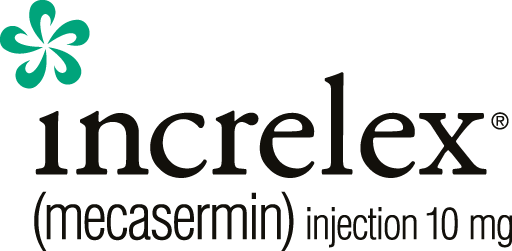OLIVE'S JOURNEY
OLIVE'S JOURNEY
Olive has been diagnosed with Severe Primary IGF-1 Deficiency and shares her journey as a patient.
If your child is not growing at a rate that they should be and their growth hormone levels are normal, very low levels of IGF-1 may be the cause. Talk to your doctor about having your child screened for Severe Primary IGF-1 Deficiency. Ask your doctor for more information to find out if INCRELEX® is an appropriate treatment option for your child.
Learn more
What is Severe Primary IGF-1 Deficiency?
Learn about the importance of IGF-1 for growth and how Severe-Primary IGF-1 Deficiency, or SPIGFD, is diagnosed.
About INCRELEX®
Learn how INCRELEX® works and is used to treat Severe Primary IGF-1 deficiency including important safety information about side effects that may occur during treatment.
Staying on Treatment
Discover how you can help your child continue treatment with INCRELEX® as prescribed by their doctor.


